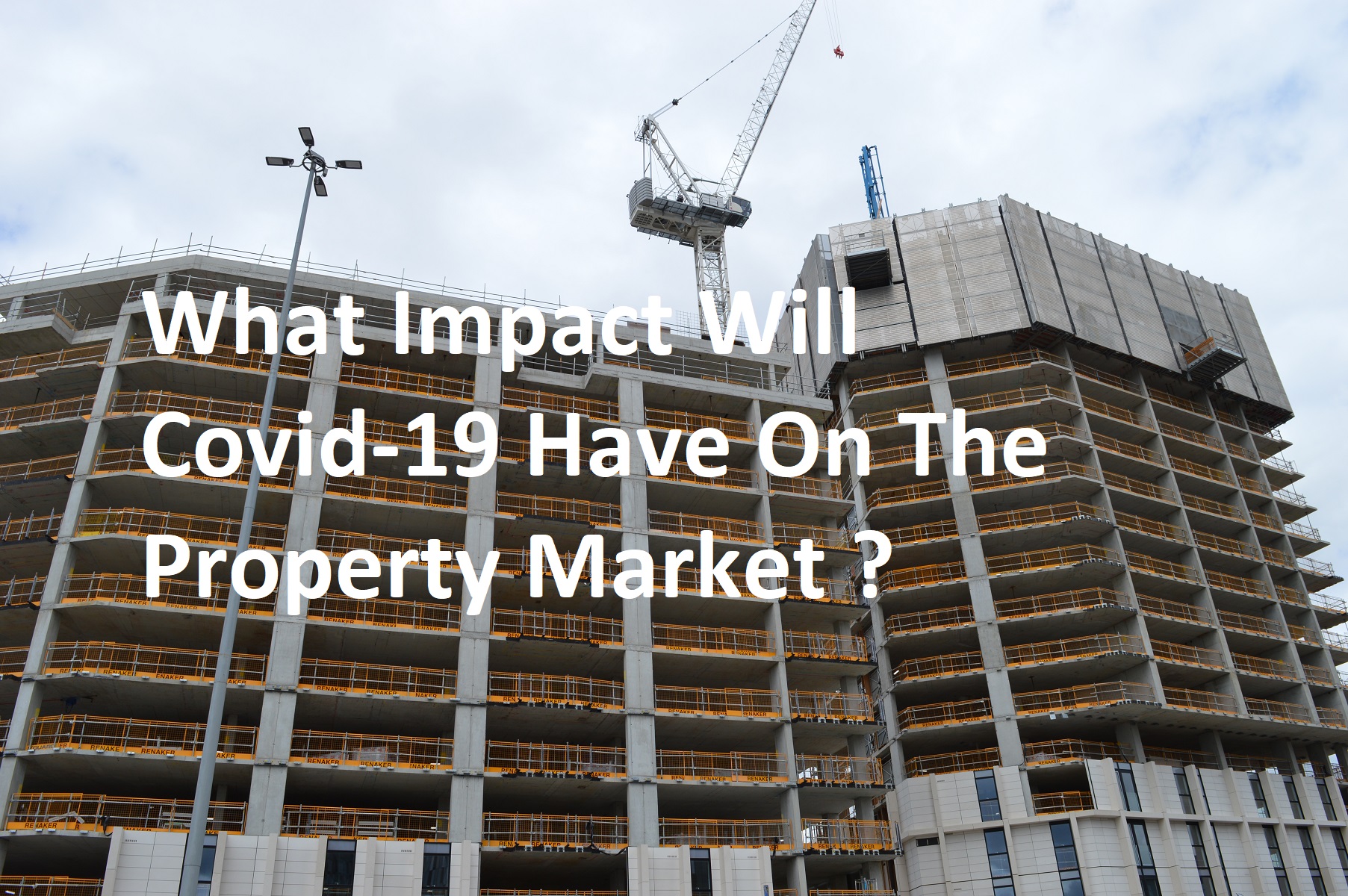You may say, does it really matter what impact Coronavirus and Covid-19 will have on house prices. After all, it’s literally a life-or-death issue for some people. Should money even come into it?
Of course, really, money shouldn’t come into it. But the fortunes of house prices are something that is central to the whole concept of the property market. Added to which property is and always has been a long term investment. It will still be around long after Covid-19 has been defeated. So it is sensible to take a long term view and consider what the long term implications might be.
So let’s look at a few of the factors that are likely to have an impact on house prices in the coming months and even years.
Confidence in the market. As most commentators will tell you, the housing market is very much driven by confidence – and not only that, but confidence that prices will rise in the medium to long term and so buyers will benefit from capital appreciation.
Record price rises in the market over the last few months show there certainly has been confidence in the market. So rather the question might be how long will it last.
The pausing of the housing market during lockdown and subsequent Stamp Duty holiday also means that pricing and sales data is likely to be unreliable for some time yet.
Possible shortage of supply. In view of current prices it’s highly likely that people won’t look to move unless they really have to. So that could restrict supply and help to support prices, or even cause them to rise to some extent.
It’s also worth bearing in mind that a lower (or even minimal in some areas) sales volume in the market makes price statistics highly volatile and changes difficult or even impossible to spot.
Affordability. Increased unemployment, pay restraint and higher living costs means mortgage and rent affordability is likely to come under severe strain. Even those with a secure income are likely to be affected one way or another.
Government stimulus measures. The Government has already pledged billions of pounds to support the economy with more likely to be forthcoming. And, one way or another, some of that is likely to find its way through to the housing market – it could even support confidence to some extent. But much will depend on how much of the pledged money actually materialises, how and to whom.
There’s also the issue of how taxes will very probably need to rise in future to cover the money that’s being spent now.
Interest rates. Interest rates can’t go any lower which means the interest rate can’t be used to support or stimulate the market anymore. A fiscal tool that has been used to intervene in the market for decades is now of little or no use.
Availability of mortgage finance. Although the Government has taken steps to allow the banks to make more capital available there’s no guarantee they will. So we could have a similar situation on the availability of mortgage finance to that post 2008, but worse.
Existing lenders might not be able to access new cheaper deals, while buy to let and development finance could be severely impacted.
Impact on the new build pipeline. It’s too early to say how developers will retract medium term. Will they keep building or retrench? What’s likely to happen to the Help To Buy scheme going forward? The availability of new builds can be a major factor in householder’s confidence and ability to buy, as well as supply.
The influence of the rental market. A significant proportion of the housing market is now within the private rental market – and estimated 5 million households. So it’s important to bear in mind what any change in the size of that could have on house prices.
The furlough scheme has no doubt helped some renters to keep on paying the rent. The ban on evictions has created a ticking time bomb that at some point will either explode, or have to be defused.
Will many landlords opt (and be able) to hold on for the long term? Will many decide to continue the trend that has been developing over the last couple of years, mostly as a result of tax changes, and sell up? May some take advantage of any opportunities to enter the market?
The impact of overseas investors. Overseas investors have pumped a lot of money into the UK property market in recent years. To what extent they keep on, or stop, could have a big impact on the market. Some, such as Chinese investors, might even see the UK as a safer haven for their money and look to invest more.
The value of the pound could make it even more attractive for overseas investors to invest in UK property. If prices actually fall as a result of reduced domestic demand overseas demand could accelerate even faster.
Brexit. With so much focus on Coronavirus in recent months the impact of Brexit on the property market has been overlooked yet is now starting to rear its head. Labour shortages and materials price rises are likely to increasingly impact the new build market
At the end of the day of course, the fact is that we don’t know what affect Covid-19 will have on house prices over the next few years, the property market nor anything else for that matter. If you read other articles on this topic by someone who claims to know they are doing little more than guessing. But the factors we have looked at here most certainly are the factors that we need to keep an eye on over the coming months and years.
Updated Autumn 2021


